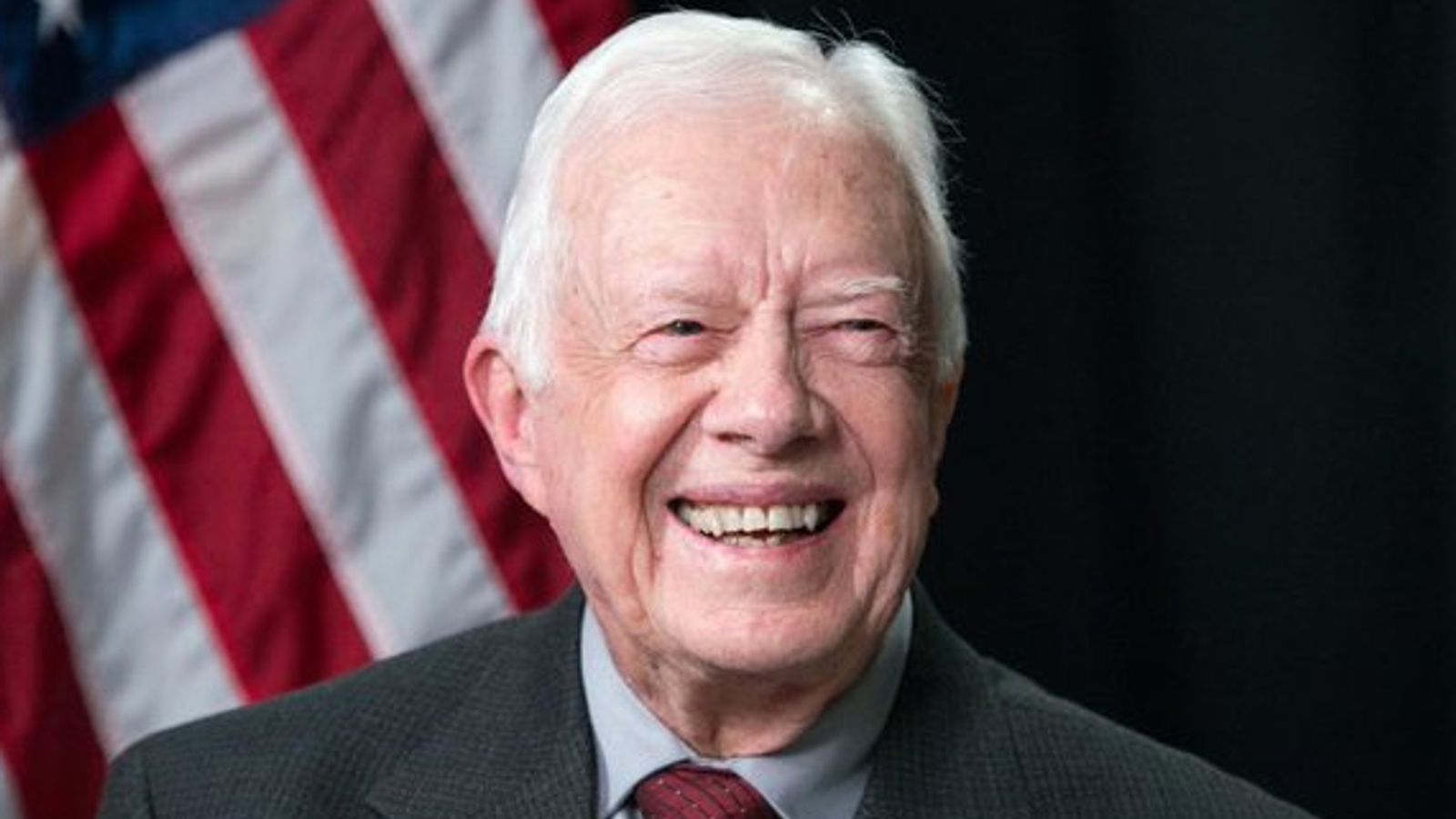An unconditional discharge is a legal term primarily used within criminal law that refers to a specific type of sentence in which the defendant is found guilty but is not given a formal penalty or punishment. Instead, the court releases the defendant without any conditions or further obligations after the conviction. In essence, an unconditional discharge means that the offender is “let off” without serving time in prison or receiving a fine, and no probation or other follow-up measures are imposed. However, the conviction still stands on record.
Key Aspects of an Unconditional Discharge
- Conviction Still Recorded: Despite the lack of further punishment, the defendant is still technically convicted of the offense. This means that the offense will appear on their criminal record. However, since no additional penalties are imposed, it typically doesn’t result in a prison sentence, a fine, or community service.
- No Additional Conditions: Unlike conditional discharges or probationary sentences, an unconditional discharge comes without requirements for the defendant to complete certain tasks or obligations. The person is free to continue with their life without the court imposing restrictions, except for the underlying conviction.
- Used for Minor Offenses: Courts often issue an unconditional discharge in cases involving minor or less severe crimes, especially when the defendant is a first-time offender or where the offense was of a nature that the court feels does not warrant a more severe penalty. It can be an indication that the court believes a conviction is sufficient, but additional punishment is unnecessary.
- Opportunity for Rehabilitation: The decision to grant an unconditional discharge may indicate that the court believes the defendant has the potential to rehabilitate without the need for further intervention. It may also reflect that the offense was committed out of character or under mitigating circumstances, suggesting that further punishment is unnecessary.
- Not Available in All Jurisdictions: The availability of an unconditional discharge varies between different legal systems and jurisdictions. Some legal systems, like those in the UK, recognize this type of discharge, while others may offer alternative options like suspended sentences or conditional discharges.
Advantages and Disadvantages
Advantages:
- Freedom from Further Punishment: The primary benefit of an unconditional discharge is that it allows the defendant to avoid any form of additional punishment, such as imprisonment, fines, or community service.
- Rehabilitation Potential: It may offer an opportunity for offenders to rehabilitate without the stigma of further punitive actions, especially when they have shown remorse or have no prior criminal history.
- Lesser Impact on Future Life: Since the individual is not subject to follow-up obligations, the discharge allows for a quicker return to normal life compared to other criminal penalties.
Disadvantages:
- Criminal Record: Despite the lack of punishment, an unconditional discharge still results in a criminal conviction being recorded, which can affect the individual’s future employment prospects, travel, or other personal aspects of life.
- No Deterrence: Critics argue that unconditional discharges may not be a sufficient deterrent for repeat offenders or for serious offenses, as there is no significant consequence for the wrongdoing.
When is an Unconditional Discharge Used?
An unconditional discharge may be granted in a variety of situations. Common scenarios include:
- First-time Offenders: If someone has committed a minor offense for the first time, a judge may decide that they do not need to be penalized harshly and could benefit from a second chance.
- Mitigating Circumstances: If there are extenuating factors that lessen the severity of the offense (e.g., the defendant was under duress or facing exceptional hardship), the court may issue an unconditional discharge.
- Minor Offenses: In cases involving less serious crimes, where the court feels the punishment would be disproportionate to the offense.
Conclusion
An unconditional discharge serves as an alternative legal outcome for defendants who have been convicted of a crime but are not deemed to require further punishment. It represents a lenient approach in the criminal justice system, particularly for minor offenses, first-time offenders, or situations where the individual’s actions are seen as an isolated mistake. However, it is important to note that while it offers freedom from further penalties, the conviction remains, and it may have lasting effects on the person’s record.



